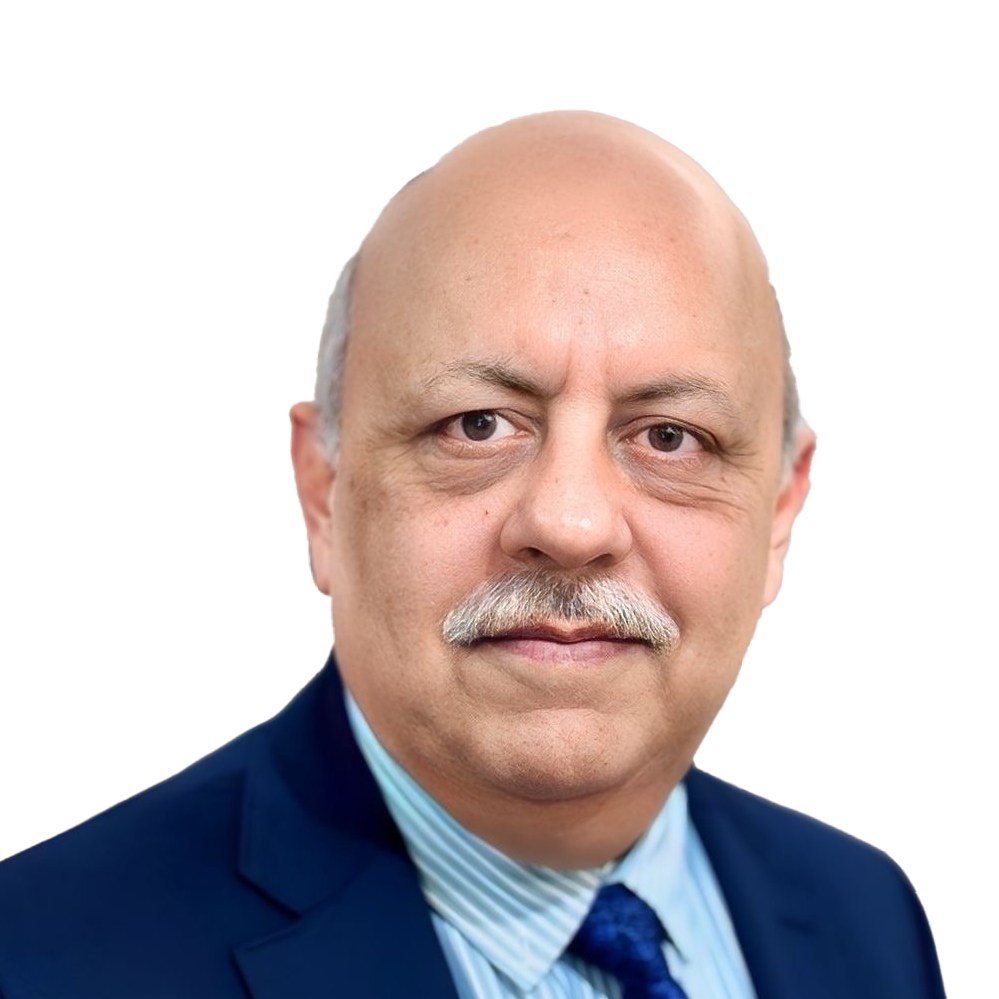RCP SAS lead Dr Naeem Aziz explores the role of SAS doctors and his own experience of success in a leadership role at Aneurin Bevan University Health Board.
Over the past few years, the role and responsibilities of SAS doctors in healthcare have evolved significantly, and the NHS is more dependent than ever on the expertise of this growing part of the medical workforce.
Apart from the role of consultant or GP, becoming an SAS doctor is the only long-term option in the NHS with national terms of service and a defined pay structure. Most other positions for doctors are either training posts or temporary contracts with fixed durations.
It is widely recognised both within the NHS and the broader healthcare system that despite being one of the three key nationally recognised roles for doctors in the NHS, SAS doctors are often left out of advanced roles in leadership, training and education, which, in many organisations, are strictly reserved for consultants and GPs.
In 2021, SAS contracts were updated to add the roles of SAS advocate and specialist. With over 20 years as an associate specialist and a consultant-like job plan, I became the SAS advocate for my organisation. I am also an educational and clinical supervisor and appraiser for doctors in secondary care. A year later, I became the clinical director of the department in which I had worked for over two decades. And in 2024, I was honoured to be named SAS lead officer and Council member for the RCP, where I am also a fellow.
These roles require clinical expertise, management skills, and the ability to connect patient-facing staff with executive leaders. As clinical director, I quickly realised that effective communication, understanding both the clinical and operational aspects, and collaborating with multidisciplinary teams are all essential. I questioned why my department struggled, considering that over 60% of physicians were agency locums and that there were challenges in filling positions and managing schedules.
Despite being a clinical director for only a year, our department has no vacancies. We have successfully attracted skilled doctors, particularly SAS doctors, for specialty doctor roles and created two more specialist grade positions. This success, coupled with fewer complaints, improved morale and higher retention rates, shows that strong leadership comes from understanding the operational realities. Our department depends heavily on experienced SAS doctors, who comprise 80% of our medical team. It needed a leader who understood the operations and could relate to those doctors.
The NHS employs many highly skilled SAS doctors, who excel in various areas beyond my capabilities. I remain unaware of any other SAS doctors serving as clinical directors, which highlights how the NHS overlooks the talent and skills of SAS doctors.
Despite the recent swift growth in the SAS workforce to address demand, and being one of just three distinct career paths, SAS doctors are systematically excluded from extended roles. Surveys have shown that there has been little uptake of new specialist grade posts in the NHS. If the NHS is to advance and show improvement, it can no longer overlook the substantial talent pool of SAS doctors. The NHS must address bias against SAS doctors for its own survival.






